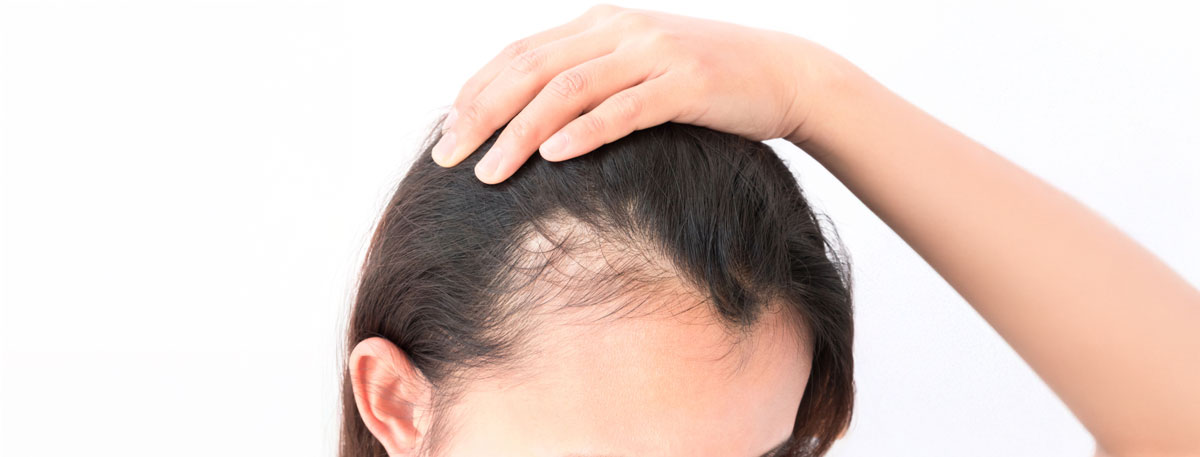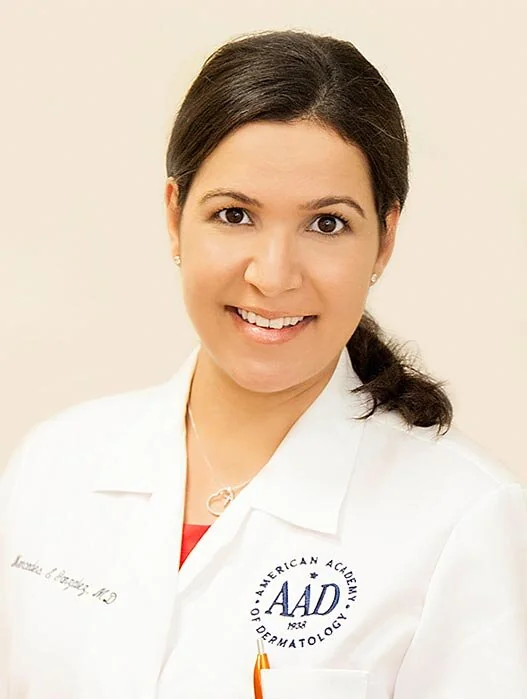
Hair loss in children can be sudden, visible, and deeply emotional—for both the child and their caregivers. Among the most common causes is alopecia areata, an autoimmune condition where the immune system mistakenly attacks healthy hair follicles. The result is often patchy, unpredictable hair loss on the scalp, eyebrows, or other areas of the body.
While many children experience some degree of regrowth, others face persistent or worsening symptoms. For these families, clinical trials are playing a critical role in developing better treatments—and in shaping the future of pediatric dermatologic care.
Understanding Alopecia Areata in Children
Alopecia areata is not contagious and isn’t caused by hair products or hygiene. It’s a medical condition that can affect otherwise healthy children as early as preschool age or even younger sometimes. The condition can progress rapidly and vary in severity:
- Alopecia areata: Patchy hair loss on the scalp or body
- Alopecia totalis: Complete loss of scalp hair
- Alopecia universalis: Total loss of scalp and body hair
In many cases, hair may regrow on its own—but the process can be unpredictable, with cycles of shedding and regrowth. For parents, this uncertainty can be frustrating, especially when over-the-counter treatments or topical medications fail to produce consistent results.
The Promise of Clinical Research
Clinical trials are essential to advancing care for children with alopecia. These research studies evaluate new medications, delivery methods, and long-term safety profiles—often before they’re available to the general public. In recent years, oral JAK inhibitors, originally approved for adults, have shown significant promise in pediatric populations.
At Pediatric Skin Research, new clinical trials are evaluating these targeted therapies for children as young as 6 years old. The goal is to find safe, effective options that can help manage the immune response and promote lasting hair regrowth.
What to Expect When Enrolling in a Clinical Trial
For many parents, participating in a clinical trial may seem overwhelming. However, these trials are conducted under strict safety and ethical standards. Families can expect:
- A full explanation of the treatment being studied
- Thorough screening and eligibility review
- Close medical supervision throughout the trial
- Regular progress evaluations by pediatric dermatology specialists
Most trials are free to participate in, and some may offer support for travel or other costs. Importantly, participation is always voluntary—and families can withdraw at any time.
Why This Matters for Families in the Miami Area
Pediatric dermatology research centers in Miami and the surrounding region are at the forefront of studying autoimmune skin and hair conditions. For families seeking care beyond standard treatments, these local trials provide direct access to the latest therapies in development.
Parents in the Miami area looking for alternatives to topical creams or injections may find clinical trials to be a valuable opportunity—especially when guided by dermatologists who specialize in childhood alopecia.
Helping Shape the Future of Hair Loss Treatment in Children
Clinical trials are not just about testing medications—they’re about progress. Every study moves the field closer to finding reliable, long-term solutions for children affected by alopecia. Families who participate are making an impact far beyond their own child’s care; they’re contributing to discoveries that could benefit thousands of children in the years ahead.
Conclusion
For parents facing the uncertainty of childhood alopecia, staying informed about clinical research is an empowering step. With new therapies under investigation—particularly those that target the immune system—there is reason for optimism. Clinical trials offer a path forward when conventional treatments fall short, and they bring families closer to safer, more effective solutions.
By participating in pediatric alopecia research, families in Miami and beyond can help redefine what’s possible for children living with this challenging condition.


Request An Appointment
To request an appointment, please fill out the contact form below. Our team will get back to you as soon as possible to confirm your appointment and answer any questions you may have.
We look forward to assisting you.
Meet Our Medical Director
Mercedes E. Gonzalez M.D.
Dr. Mercedes E. Gonzalez is a board-certified pediatric dermatologist. After graduating from Emory University, she earned her degree at Rutgers–New Jersey Medical School in 2004. Always drawn to working with children, she accepted the prestigious pediatrics program at the Morgan Stanley Children’s Hospital of New York–Columbia University where she solidified her interest in treating skin disorders. She then completed a dermatology residency followed by a clinical fellowship in pediatric dermatology at the top-ranked New York University (NYU) Department of Dermatology.
Her gentle, child-friendly bedside manner, combined with her broad knowledge of childhood skin diseases and their treatments, make her the preferred pediatric dermatologist in Miami. In addition to practicing medicine, Dr. Gonzalez currently serves as a clinical assistant professor at The FIU Herbert Wertheim School of Medicine and The Phillip Frost Department of Dermatology at Miller School of Medicine.
Dr. Gonzalez serves as the Principal Investigator on numerous clinical trials and has a special interest in severe skin disease in children. She lectures regularly at Dermatology conferences and to medical students and residents and is the co-editor of 3 dermatology textbooks, including the recently published 2nd edition of Goodheart’s Same Site Differential Diagnosis, and has published over 50 journal articles.

